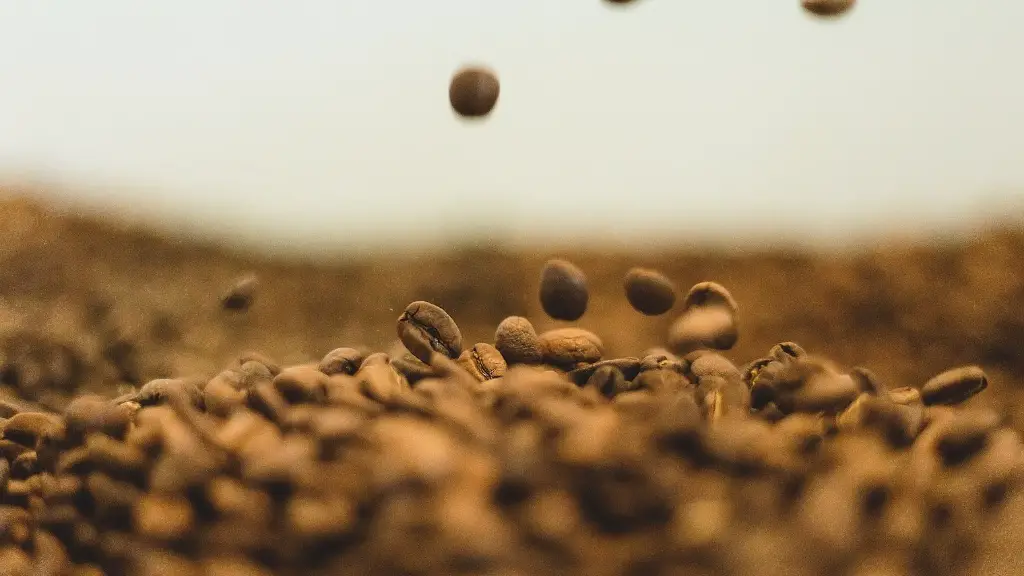Coffee and Diabetic Health
Coffee is a popular beverage world-wide, with billions of cups consumed every day. But, if you’re diabetic, should you drink coffee? Before we can answer this question, let’s look at how coffee and diabetes may be related.
One of the most significant factors for diabetics is controlling blood sugar levels. People suffering from diabetes need to manage their diets, medications and lifestyle adjustments to ensure their blood sugar levels are within the safety range. Moreover, their dietary choices and habits can have a significant impact on their disease. So, when it comes to drinking coffee, could it cause blood sugar to spike or drop?
Experts have conducted numerous studies to try and find out the effects of coffee on diabetic health or, more specifically, blood sugar levels. However, results are contradictory so it is difficult to say whether coffee is good or bad for diabetics. In some studies, coffee appeared to decrease the risk of Type 2 diabetes, whereas other studies found that caffeine can affect the liver’s ability to store and release glucose, which in turn can cause an increase in blood sugar levels.
Despite these disparities, the majority of experts agree that, in moderation, coffee is unlikely to have any significant effects on diabetic health. Furthermore, coffee can have certain positive health effects on those with diabetes, such as reducing the risk of some types of cancer, stroke, heart attack and improving your energy and alertness.
However, it is worth bearing in mind that coffee can cause dehydration for diabetics, which can be more serious for them due to their condition. What’s more, drinking coffee on an empty stomach could cause problems. Therefore, if you are suffering from diabetes, it is advisable to consult your doctor before drinking coffee.
Coffee and Carbohydrates
The relation between coffee and carbohydrates is an important factor for diabetics. Coffee itself does not contain carbohydrates, so drinking coffee does not directly alter the blood sugar levels of diabetics. However, some people add sugar to their coffee or opt for sweet variations such as mochaccino, latte or cappuccino. Therefore, it is important to be mindful of the amount of sugar you consume in your coffee as too much sugar can raise your blood sugar levels.
Additionally, many of the popular sugar alternatives contain alternative sweeteners, such as sucralose, aspartame, stevia and acesulfame potassium. Although these have fewer calories than sugar, they contain carbs and they are hidden sources of glucose, meaning they can also affect your blood sugar levels.
To be on the safe side, it is best to opt for healthier options, such as unsweetened almond milk, coconut milk or unsweetened plant-based milk, as these are all lower in carbohydrates. Alternatively, you can drink your coffee black or add a small amount of milk for flavor.
Coffee and Diabetic Complications
Most studies investigating the effect of coffee on diabetic complications have found that coffee may protect against the development of some diabetic complications. It is thought that chemicals such as caffeine and antioxidants found in coffee may have certain beneficial effects on diabetic health.
For example, these natural compounds can help to reduce inflammation and promote blood vessel health, which can help to reduce the risk of complications such as stroke, heart attack and kidney damage. Therefore, if you are a diabetic, some research has shown that occasional consumption of coffee may help to reduce risk of complications that can arise due to diabetes.
Coffee and Insulin Production
The last main factor to consider is the effect of coffee on insulin production. It is known that caffeine can affect the production of insulin and hence affect blood sugar levels. Therefore, it is important for diabetics to be aware of this relation so that they can make informed choices about what to drink.
However, the majority of studies into the effects of coffee and insulin production have concluded that it does not lead to any significant increase in insulin levels – meaning that an occasional cup of coffee should not make much difference to their blood sugar levels.
Drinking Coffee Safely
In conclusion, it is safe to say that drinking coffee in moderation can be beneficial for those suffering from diabetes, as long as you make sensible and informed dietary choices. Even though there are conflicting results, many studies have shown that coffee can reduce the risk of certain health conditions and even have positive effects on blood sugar levels. However, to ensure your health is not at risk, you should always consult your doctor or dietitian before consuming coffee.
Decaffeinated Coffee
If you decide to drink only a moderate amount of coffee, decaffeinated coffee may be the better option for diabetics. Numerous studies have shown that decaffeinated coffee can be just as beneficial for diabetes patients, as it still contains most of the natural compounds that can be beneficial. Moreover, it does not contain any caffeine, which can affect insulin levels and hence, blood sugar levels.
Researchers have also noticed that decaffeinated coffee can help to lower cholesterol levels, reduce inflammation and improve the health of blood vessels for those with diabetes. Therefore, if you want to enjoy the benefits of coffee without the risk posed by caffeine, it is worth considering decaffeinated options.
Coffee Alternatives
Finally, if you decide to avoid coffee altogether or have concerns about the effects of caffeine or sugar on your glucose levels, there are many coffee alternatives that can be just as beneficial. For example, herbal teas are full of natural antioxidants, some of which can improve insulin sensitivity and hence lower your risk of diabetes.
Moreover, many fruits, such as apples and oranges, contain natural compounds that can help to reduce inflammation and improve blood sugar levels and are also rich in fiber, which is helpful for blood sugar control. Therefore, if you are looking for a coffee alternative, it is worth considering consuming fruits or herbal teas.




